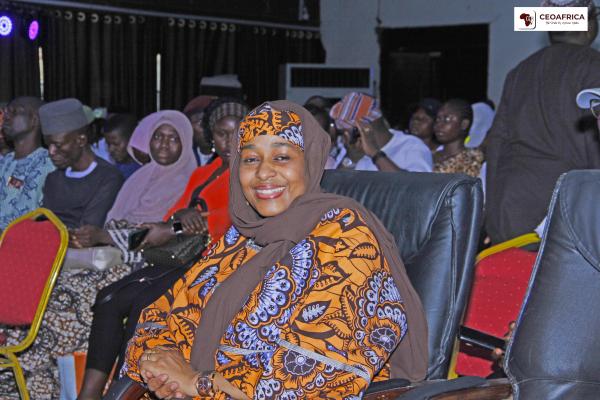
Chief Executive Engineer Gloria Magombo disclosed on Friday that about 13 Independent Power Producers (IPPs) that were licensed, some of them five years ago, to construct power plants worth about $10 billion, are failing to raise the required capital, Zimbabwe Energy Regulatory Authority (ZERA).
ZERA has licensed 21 IPPs since 2010, with eight of them predominantly small plants operational, while mega plants with the proposed combined capacity of about 4 000 megawatts at the first phase are still to take-off.
On completion, all the licensed IPPs are expected to generate about 6 000MW, that is likely to see Zimbabwe exporting excess energy.
Zimbabwe is facing a power crisis due to low water levels at Kariba Dam and dilapidated power generation equipment at Hwange Thermal Power Station that constantly needs repairs.
Electricity is one of the critical economic enablers at a time when the country's total generation capacity is about 1 300MW against a peak demand of about 2 500MW.
To close the power gap, the Government allowed private companies to construct power stations whose electricity was to be added to the national grid.
But Eng Magombo on Friday said lack of funding stalled all the mega power projects.
"The conditions of the licences require that all licensees should submit quarterly reports to ZERA which help in tracking progress on the projects," she said.
"Total funding for all these projects amounts to over $10 billion. The power projects are funded mainly through debt financing which constitutes about 70-85 percent of the total project costs.
"The equity funding is difficult to secure given the liquidity situation in the country. The average cost of a project is about $2.5 to $3 million per MW."
She added: "Currently access to long-term debt funding (15 to 20 years) with low interest rates which is suitable for such projects is a challenge. Power projects require funding to take them to bankability stage that will enable them to secure funding for development of the projects.
"Project preparation funding is equally difficult to secure, especially in the local market. Some regional banks are now assisting with project preparation funding to complete bankable feasibility studies and EIAs."
Eng Magombo said some of the reasons huge projects were failing to take-off were as a result of local conditions which IPPs raised at the IPP Indaba in June this year.
Source: The Herald






















